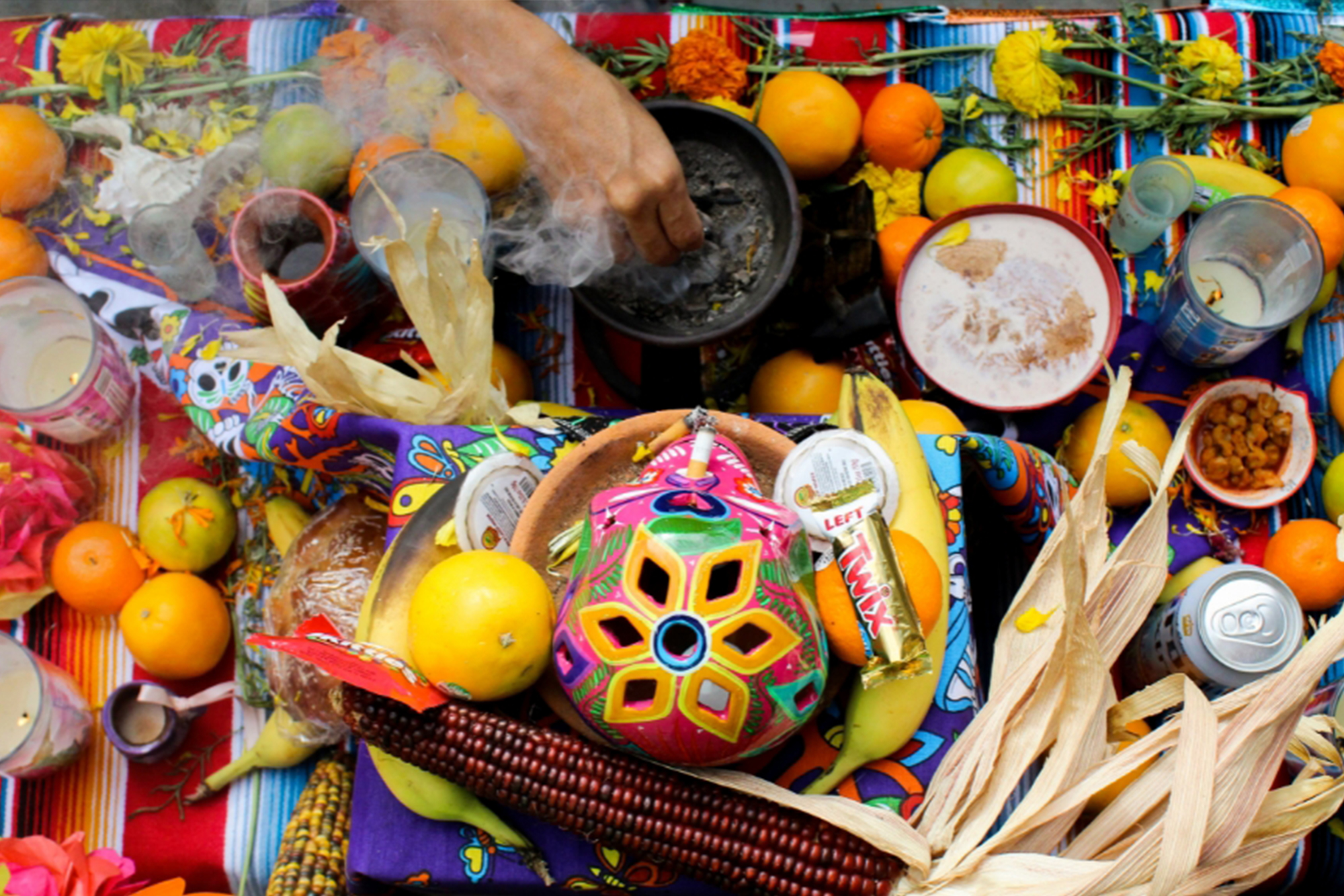Blowing out the candles on a birthday cake. Throwing the bouquet at a wedding. Handing out candy to trick-or-treaters. These are all familiar rituals to nearly everyone in the western world, whether you participate in them or not.
Rituals such as these are some of the ways we connect to each other in our culture. Even when you are in a crowd of people you have never met before, doing these kinds of things together can make you feel like a member of a group where everybody belongs.
Some rituals are very simple, like saying “good morning” when you see a co-worker at the start of the day. We do these little things all the time, almost without thinking about it.
But other rituals feel more important, and don’t come up nearly as often. Throwing a baby shower for a friend is something you might only do once or twice in your life. Voting for a new President is something we do every four years. In the United Kingdom they recently went through the process of crowning a new monarch, which is an important ritual that had not been performed for over seven decades. These infrequent rituals are often the most powerful; because they happen so rarely, we usually make an effort to make sure what we are doing feels important.
Since we have so many well-known rituals for both large and small events in our lives, it seems strange that when it comes to death, many of us have no idea what to do. Over the course of the twentieth century, many of the death rituals that were common in the United States and Europe changed or went away… in some cases because they were religious traditions that people stopped connecting with; in some cases because we have fortunately been living longer and longer. Death became something people just didn’t encounter as much anymore, and dealing with it stopped being a habit.
In some ways, this is a good thing! It’s nice to think that people are living longer, healthier lives. But the fact of the matter is, no matter how long and healthy a person’s life is, it is going to end eventually.
When death touches a family, it is always going to cause sadness and stress. Knowing what to do—that is, having a plan—can lessen that stress, sometimes by a great deal. And the “plan” used to follow those well-known, traditional rituals. People knew what to do because it was the same thing they had always done before. But nowadays, either through choice or forgetfulness, people are not turning to those rituals the way they used to.
When it comes to handling death (or anything else), if you don’t have any rituals, or you don’t feel connected to any of the rituals you know, you don’t have to feel obligated to repeat any of them. Consider what might bring comfort to you and your family, whether through gathering, music, sharing food, reading spiritual messages, or all of the above.
And it’s never too early to start thinking about how you want to celebrate your loved ones, or how you’d like them to celebrate you. You don’t even have to wait until anybody dies! Some people now like to hold celebrations of life before they pass away so they can enjoy the fun and feel the love while they’re still around. If you get so excited about your plan that you really can’t wait, maybe just do it for a birthday party!
And if you don’t even know where to start, this is the kind of thing that death doulas love to help with, so don’t be shy about asking for ideas, or for help with developing an idea you already have. We love to celebrate people through every phase of life, and we are here for you.






